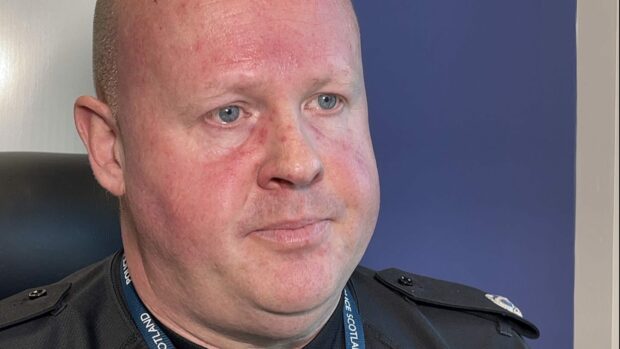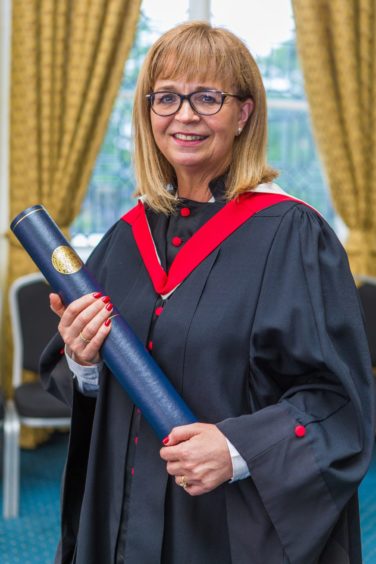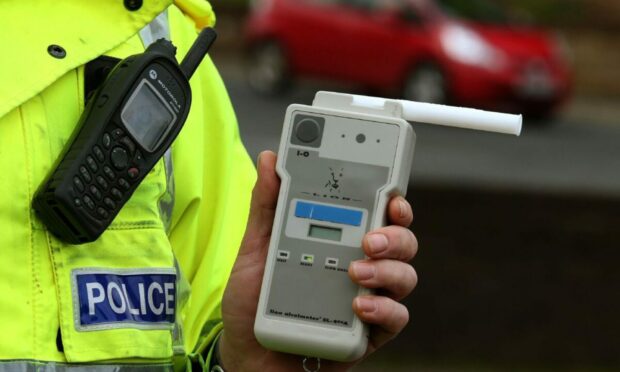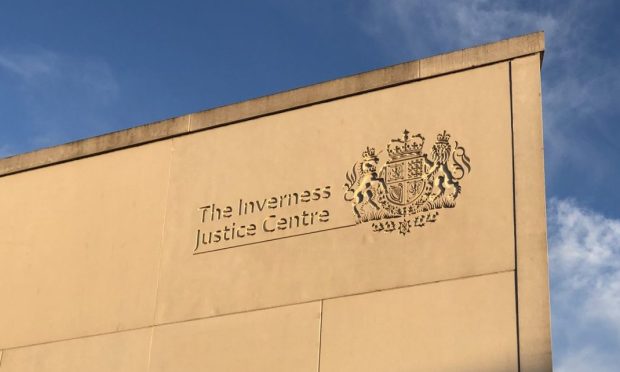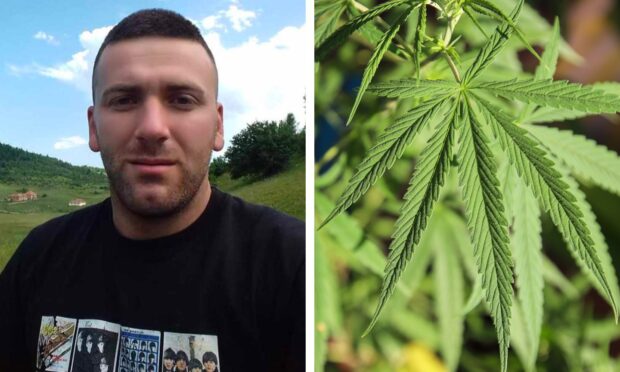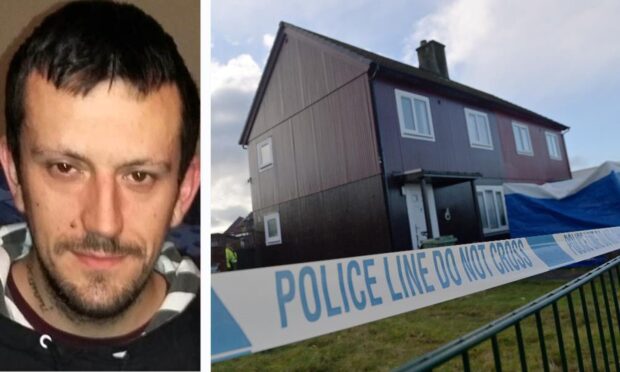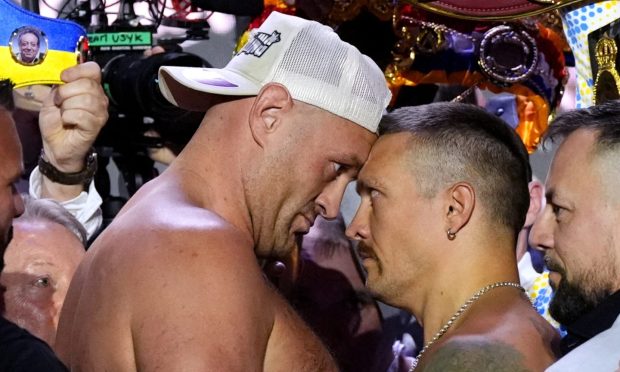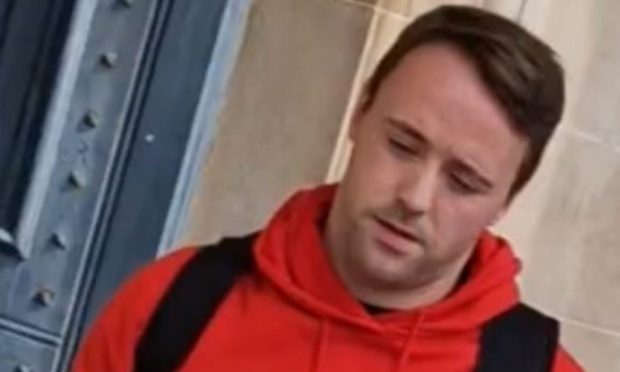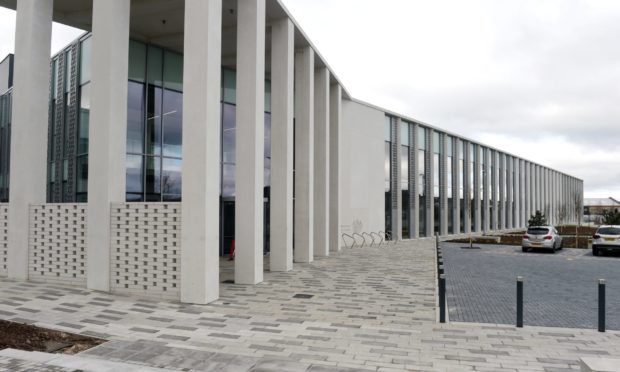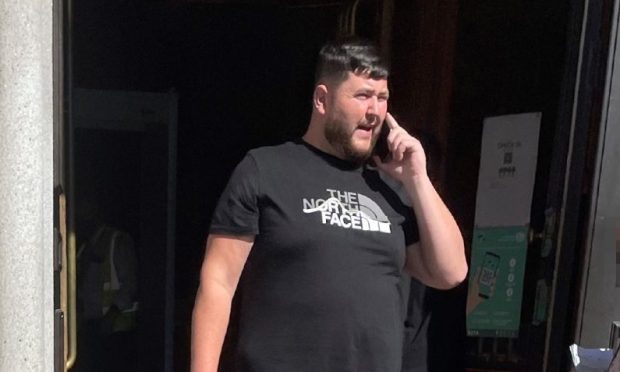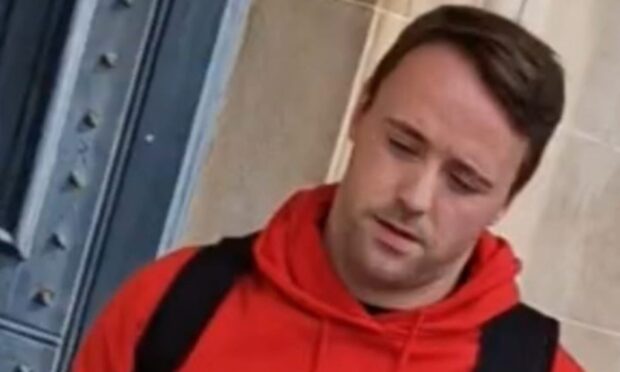A senior officer has called on health and wellbeing services to “step forward” and ease the strain on Aberdeen police officers whose time is considerably taken up by mental health concerns.
Superintendent Murray Main has called out partner agencies for not doing enough to look after people in their time of crisis.
In an exclusive interview with the Press and Journal, Supt Main said officers are responding to situations that they’re “less equipped” and “not as well trained” to deal with.
The senior officer, who left his job yesterday and officially retires on June 30, revealed only one in 10 individuals in crises taken to hospital by police officers are admitted for help.
“90% of the time, they are released back into our care which can often result in them being locked up,” he said.
“In 2022, that is surely not the right answer or response or support required, yet that’s the sad reality.”
‘Lack of coordination’
He added: “There’s a wider discussion that needs to be had around where policing starts and stops in terms of dealing with vulnerability.”
Mr Main criticised a “lack of coordination” and said “far more needs to be done” as he urged health and social care authorities to “take up more of the strain at all times of the day and night”.
He said: “We need to make sure that services are available 24/7 and that the police are there only at a time of real crisis when there are no other alternatives.
“Quite frankly, other organisations are far better placed and qualified and have the experience and the resources to deal with individuals often in crisis.
“It’s not always best for the police to become involved in that.
“There is a need for other organisations to step forward.”
Mr Main admitted police have “very limited powers” to help people in mental health crises.
WATCH: ‘Far more needs to be done’
He said police intervention could mean individuals being put through a criminal justice process.
“That’s not helping in many regards. It’s maybe the only thing that we can do and ultimately our hope, our aim, is that the individual will get support, perhaps influenced by a criminal justice process,” he explained.
Supt Main isn’t the first senior police officer to raise concerns about how much time is spent dealing with matters on behalf of other public services.
In October last year Chief Constable Iain Livingstone revealed his staff are increasingly finding themselves as the service “of first and last resort” for people with mental health problems, addiction issues and in need of hospital care.
A spokeswoman for NHS Grampian and Health & Social Care Partnerships reacted to Supt Main’s comments.
They said: “24-hour access to specialist mental health assessment and care is available across Grampian to those that require it.
“Our Mental Health teams work closely with Police Scotland colleagues both ‘on the ground’ and at a more strategic level, through the Police Liaison Committee.
“Across our area we have rolled out a number of initiatives and pilot services to better support people experiencing extreme distress and acute periods of mental ill health.”
‘Healthcare should be a priority’
In November 2020, former Lord Advocate Dame Elish Angiolini published her independent review of police complaints handling, misconduct and investigations.
The report covered the period of time since Police Scotland was created in 2013.
Mental health was mentioned 81 times, including “the tendency for people to be forced into the criminal justice system because of the lack of capacity in the health service to handle the demand”.
Dame Angiolini found: “There are some occasions when some services do not know what to do with some very vulnerable people and many people who come into contact with the police are taken to police stations rather than to a health-based place of safety.
“In cases where there has been serious criminal wrongdoing this approach may be warranted.
“However, for more minor offences, healthcare should be a priority where there is an acute need,” the report said.
It also suggested “early intervention, advice and referral should ease the burden on the police service but it is inevitable that A&E will still have to deal with some individuals who are in crisis”.
And the document recommended that: “A&E facilities should be designed to be able to deal safely with mental health care and acute crises.”
Minister for Mental Wellbeing, Kevin Stewart said: “We will continue to work with partners across healthcare and justice to ensure frontline staff are properly supported.
“As part of the mental health strategy, we are working to recruit 800 additional mental health workers in key settings, including police station custody suites and A&E departments.”
For all the latest court cases in Aberdeen and the latest crime and breaking incidents, join our new Facebook group.
